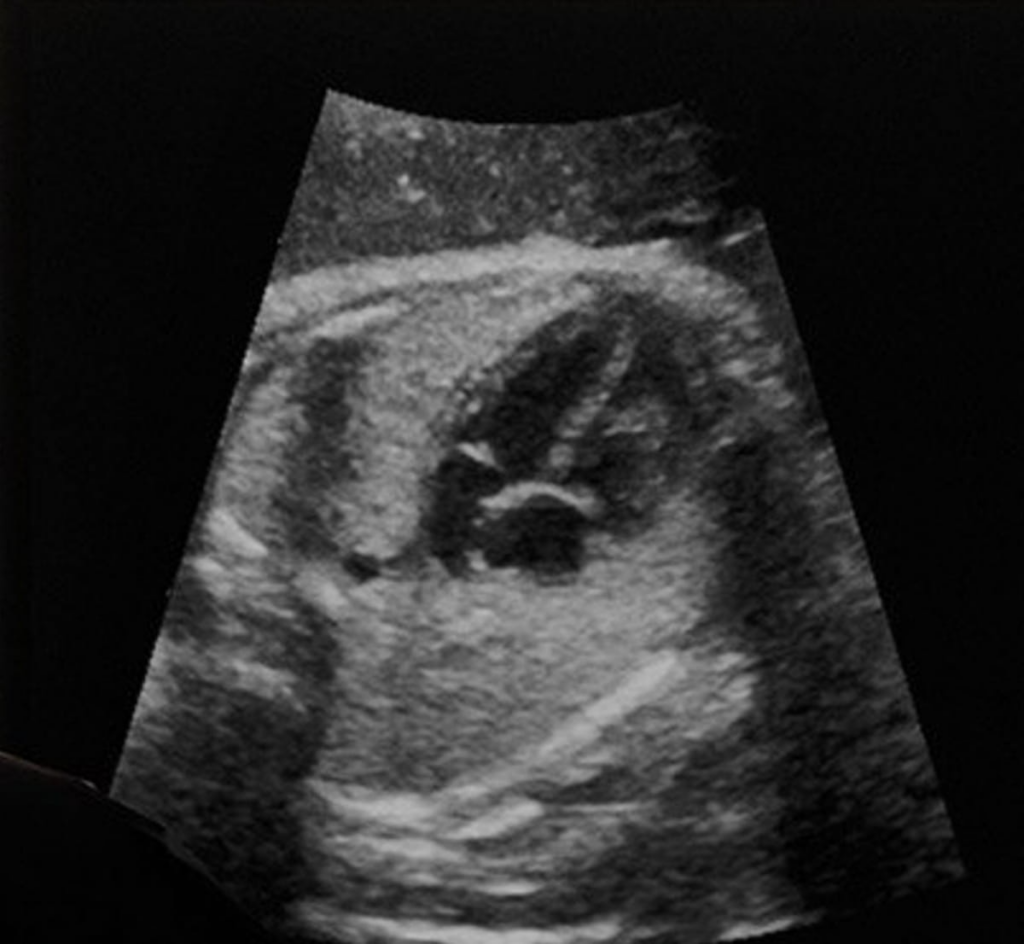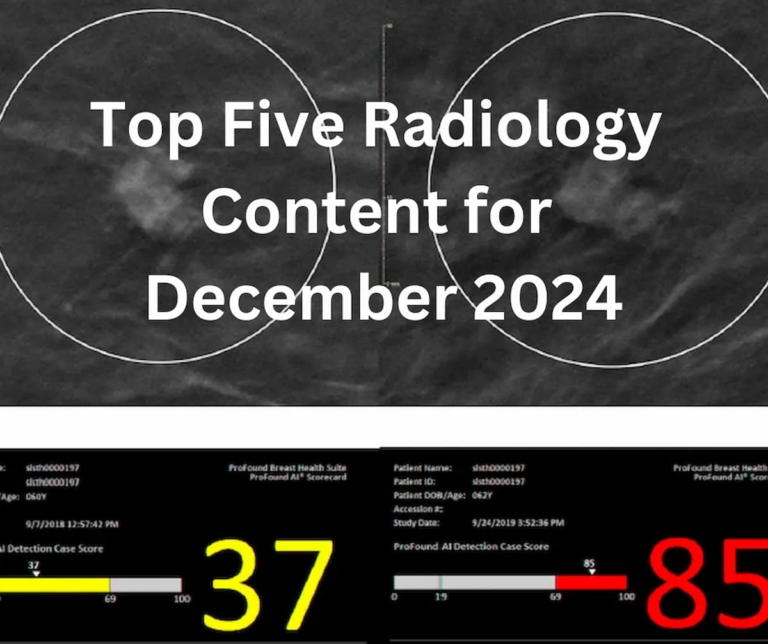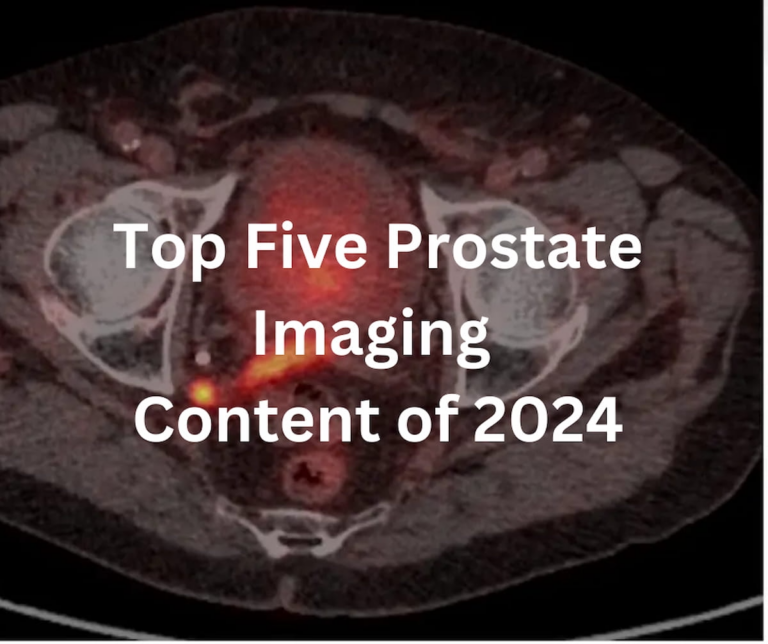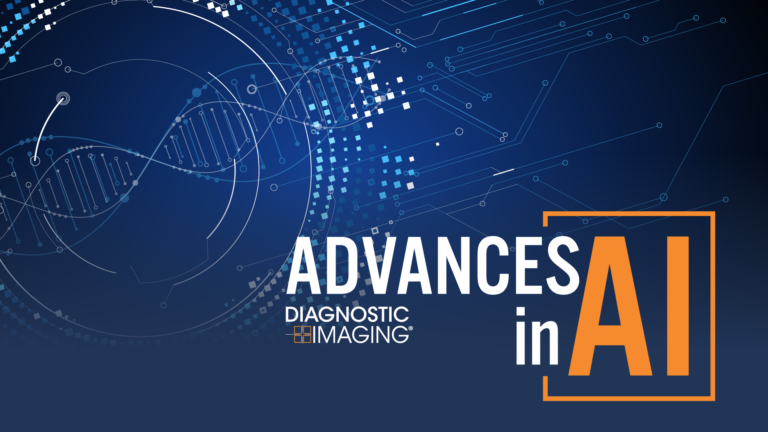
The Food and Drug Administration (FDA) has approved innovative software from BrightHeart that harnesses the power of artificial intelligence (AI) to potentially improve the detection of congenital heart defects (CHDs) through ultrasound. CHDs are surprisingly common, affecting roughly one in every 100 newborns. This groundbreaking development in medical technology could make a significant difference in early detection and treatment planning for these heart defects.
BrightHeart’s AI software has been trained using an extensive dataset of more than 90,000 ultrasound exams. This robust training allows it to offer highly accurate automated video stream analysis and a comprehensive evaluation of fetal heart morphology. By doing so, the software can detect abnormalities or confirm normalcy, thereby ruling out or identifying CHDs with enhanced precision.
The application of AI in this context is particularly groundbreaking due to its capability to provide detailed assessments that previously required a human clinician’s expertise and judgment. BrightHeart has emphasized that their software stands out by offering assessments on the completeness of fetal heart ultrasound exams, which can be seamlessly integrated into pre-existing ultrasound workflows. This integration aims to streamline processes and improve the efficiency of prenatal care.
“Assessing the fetal heart is one of the most challenging parts of a prenatal ultrasound,” mentioned Cécile Dupont, the CEO of BrightHeart. Dupont highlighted the dual benefit of their AI solution: not only does it aid clinicians in identifying potential heart defects earlier, it also bolsters clinicians’ confidence when confirming normal findings. This assurance is invaluable, providing expectant families peace of mind during a critical period.
With BrightHeart’s technology, the medical community hopes that earlier detection of CHDs through enhanced ultrasound imaging will improve patient outcomes by allowing for earlier intervention strategies. Moreover, the use of AI in this domain underscores the growing importance and impact of AI in healthcare, particularly in areas requiring precision and accuracy.
The sophisticated algorithms that power this software represent a leap forward in prenatal screening, demonstrating how AI can support and supplement human expertise in medical diagnostics. As AI continues to evolve, its applications in healthcare are expected to grow, offering improved tools for practitioners and better outcomes for patients.
In conclusion, the FDA’s clearance of BrightHeart’s AI-enabled software marks a promising step forward in the field of prenatal care. By blending cutting-edge AI technology with traditional medical practice, BrightHeart is setting a new standard for ultrasound diagnostics of congenital heart defects, offering both practitioners and families a powerful tool for early detection and reassurance.


